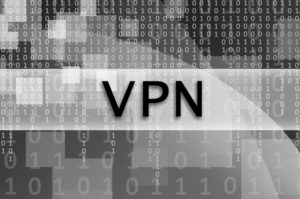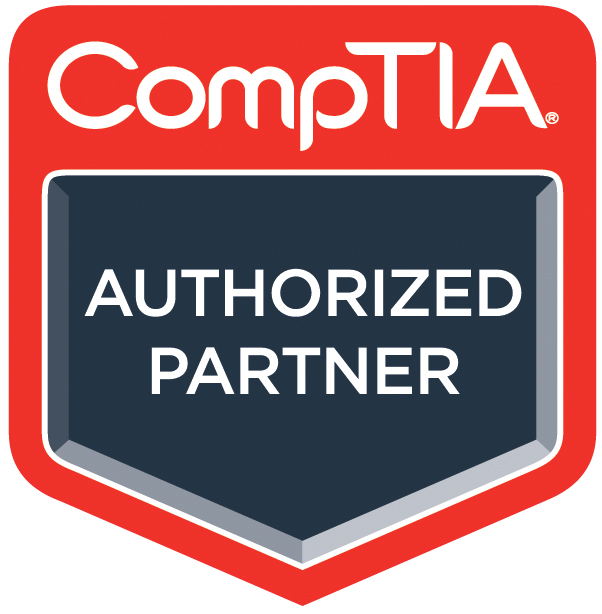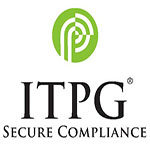How to Work Cyber Security into your Day-to-Day Life
With high-profile data breaches, advertisers tracking every bit of content you consume, and unwelcomed individuals prying through your social media profile — privacy has become a big talking point in the tech world lately. The truth is that unless you’re willing to give up your phone, computer, and go hideout in the woods for the rest of time, you’re always going to be at risk of some kind of invasion of this privacy online. However, this doesn’t mean you have no control over what becomes of your data. In fact, you have plenty of say in the matter, and you don’t need to be a certified cybersecurity specialist to know-how.

Don’t be a Victim
Like all criminals, hackers target the vulnerable and easily manipulated. Just having a basic sense of technological literacy will be enough to thwart all kinds of virtual threats. No. You didn’t win a million dollars for visiting that sketchy website, there is no rich foreign investor on the other end of that spam email, and you should minimize sharing any important information like your social security number and banking information to only trusted websites that are equipped to handle that kind of sensitive data. Also, keep the physical location of your devices secured. Don’t leave them just lying around for people to steal and unlock at a later time.

Update Your Software
Software updates do more than just fix bugs and add new features. They also implement new security measures that patch up vulnerabilities a hacker may be able to exploit. We recommend keeping these updates set to automatically install when they become available. If you are using a device that is no longer receiving software updates, we recommend replacing it if you plan to keep any sensitive information on it.

Use Stronger Passwords
Hacking is all about access. Once someone is in, they can do an untold amount of damage before you even know it. Passwords are the first line of defense in keeping private accounts private. Many websites are now enforcing more complex passwords that require a certain combination of capital and lower-case letters, numbers, and symbols. This is a step in the right direction but people are still using the bare minimum number of characters to set up their passwords and some are even using the same password for all of their accounts!
Consider using a password generator or password management tool that will help you store and create secure passwords without ever having to worry about forgetting them.

Turn on Two-Factor Authentication
So if a strong password is the first line of defense, two-factor authentication would be your back up. When you have this turned on with your virtual account, you will enter your username, password, as you normally would but in addition to that you’ll be prompted for an additional sign-in method — usually, some sort of Personal Identification Number sent via SMS or email — that you would need to get into your account. This not only creates another layer of security, but it also works as an alert system. If you receive a two-factor authentication email or text message, chances are someone is trying to get into our account, giving you time to act.
Be Wary of Phishing Schemes
Since the beginning of 2020, organizations have seen a rise in Phishing Attacks at a rate of 1,185 a month. Since the COVID-19 pandemic pushed business online, there’s been an uptick in sharing login credentials and logging into virtual financial attacks. Hackers have taken notice and have created fake landing pages that mimic a reputable website such as Bank of America or Amazon but are in fact just a ruse to get you to submit your login credentials, which will then be stored and used to access your accounts.
Phishing is typically carried out via an email claiming to have originated from a reputable source such as your social media accounts, retail sites, financial institutions, or network and IT administrators. Be wary of any unsolicited emails. Always check that the email address is correct and if you can, verify with any strange emails from your fellow co-workers because that could mean they have fallen victim to a phishing attack.

Use a VPN While on Public Networks.
Public WiFi is convenient but it is a huge security risk connecting to one for the simple fact that you are at the mercy of whoever runs the network or whatever vulnerabilities may exist on one. A Virtual Private Network (VPN) extends a private network across a public network. By using a VPN, the traffic between your device and the VPN server is encrypted, making it harder for a hacker to intercept your device and attempt to steal information you have on it. If you can help it, use your cell phone data if you don’t have a VPN when security is important.
Are you interested in starting your Cybersecurity career? Check out CompTIA IT Fundamentals (ITF+)! It is the industry standard for an introduction to basic IT knowledge and skills. Learn more
Not sure where to get started?


































Leave a Reply
You must be logged in to post a comment.